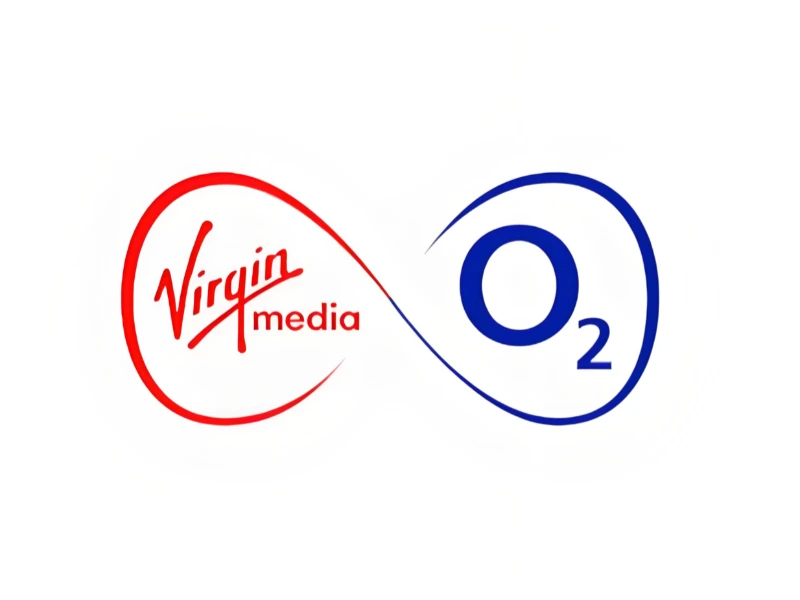- VMO2 to end 2G and 3G inbound roaming services from 1 October 2025, urging immediate industry action.
- Businesses relying on legacy networks risk service disruption without timely migration to 4G/5G.
What happened: Inbound roaming to be phased out by October
Virgin Media O2 (VMO2) has confirmed it will switch off inbound roaming services on its 2G and 3G networks from 1 October 2025, and is urging business users, government bodies and international roaming partners to prepare now. Despite ongoing efforts to encourage migration, the company warned that some devices and systems still rely on legacy connectivity.
In a blog post, Paul O’Sullivan, Director of Wholesale Mobile at VMO2, detailed collaboration with the Telecare Services Association (TSA), Ofcom, and the Department for Science, Innovation and Technology (DSIT) to guide critical national infrastructure and vulnerable sectors. While many UK telecare providers have already moved to 4G-compatible devices, others are yet to upgrade.
VMO2 said it has also contacted key international roaming partners and issued letters to trade associations in a bid to “help spread the word”. Despite this, it continues to see “significant inbound roaming traffic” on its 2G and 3G networks—prompting renewed calls for organisations to accelerate their transition plans ahead of the deadline.
Also read: Virgin Media O2 trials open RAN at Twickenham Stadium
Also read: VMO2 launches 5G trial at Overbury Farms for farming
Why it’s important
The shutdown reflects a broader UK industry shift, as operators move to retire legacy networks in favour of 4G and 5G. Delayed action could result in connectivity issues for devices and systems still dependent on 2G or 3G, particularly in sectors like telecare, logistics, and IoT.
Ensuring devices are upgraded or replaced with 4G/5G-compatible alternatives is key to avoiding service disruption. VMO2 also pointed to a government report projecting that widespread 5G adoption could deliver £159 billion in productivity gains by 2035—underlining the long-term benefits of embracing next-generation infrastructure.

